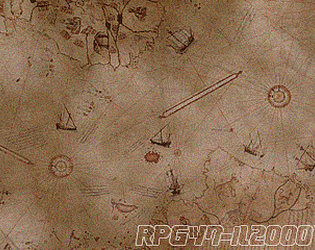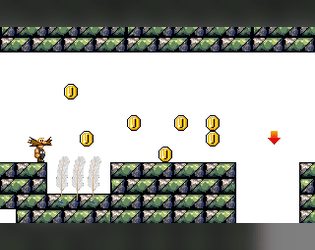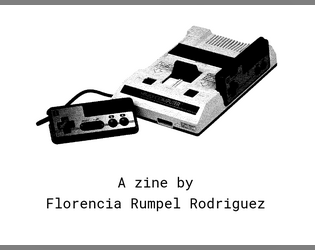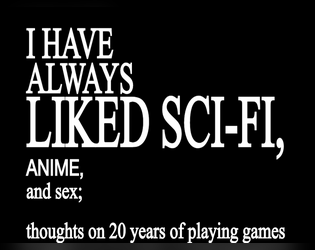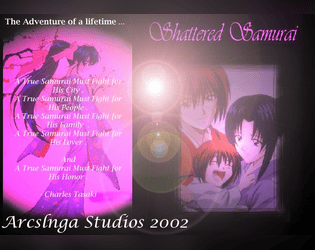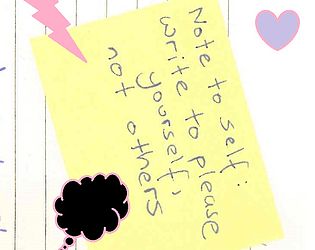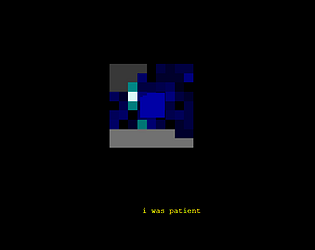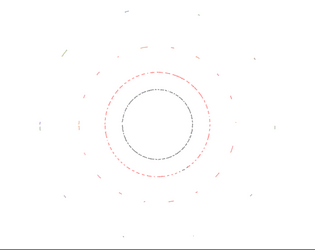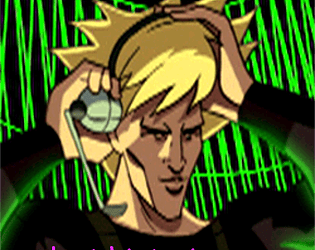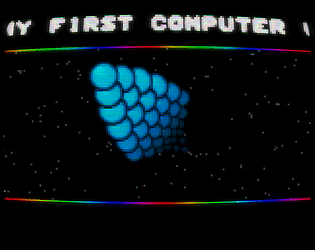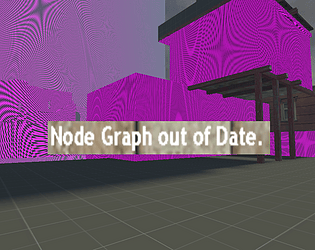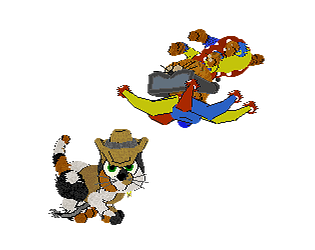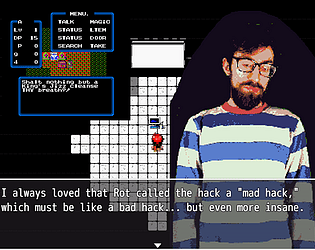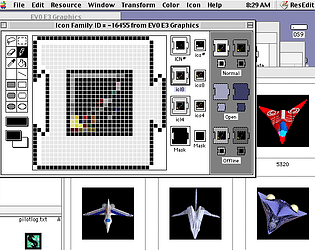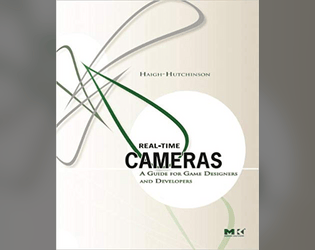
This jam is now over. It ran from 2019-02-10 00:00:00 to 2019-02-17 23:59:59. View 18 entries
History can often feel like something given, reportage on overarching events that people only stand on the margins of, occasionally able to identify a point of reference that touched their own life. “Making history” is seen as an exceptional accomplishment, only available to people who have a lucky confluence of certain talents, resources, visibility, and are in the right place at the right time. And history itself is presented as both unchangeable, inevitably finalized by the passage of time, and directly causative of our present.
The position we give history serves to obscure the fact that it is constructed, repeated, and reconstructed by people, that its perspectives can be expanded, challenged, and changed for a fuller understanding of the present. One place this is especially urgent and true is the history of videogames. When it’s written down, or transformed into exhibitions, documentary films, and other media, this history mostly tends to trace a series of commercially successful home consoles separated by their technological upgrades, sometimes with an analogous, but comparatively minor, story about what PCs, mobile games, and arcades were also doing at the time.
To present this history as a linear progression where videogames simply became more technologically advanced and therefore impressive, experiments or dead ends have to be trimmed, and incorporating personal experience beyond identifying popular characters and franchises that will most likely be re-sold to us through collections and legacy IP is discouraged. People who make and talk about games are presumed to be working from the same set of references, which can lead to a narrow set of possibilities. History is repeated, but only in part. Alternately, I think everyone who plays videogames has something to add to the collective history of the form which doesn’t fit into this structure, and a lot can be gained from treating yourself as a living source, writing and sharing this perspective.
Just think about it, what was something specific to the way that you played or experienced videogames that you feel like hardly anyone ever talks about? How can the community-based, experiential, specific, overlooked and personal enrich the common-knowledge history of videogames?
Rules:
- Think about a game, technology, community, genre or other type of personal experience with videogames you haven't seen in many discussions of videogame history, if any.
- Draw from your firsthand experience with it, as well as any other resources you think are important, and create something that communicates this history.
- Upload what you create to the jam page and submit before February
16th!UPDATE: You can now post your projects through midnight on the 17th :)
Like the Visual Essay Jam in 2017, and the Manifesto Jam in 2018, this jam is primarily focused on a type of writing with the goal to shake up typical positions and presumptions from which we make, play, write about and discuss videogames. However, personal histories can take a huge variety of forms, so this jam is also open to a variety of formats, including zines, small games, and illustration.
Need some examples?
- Sophia Foster-Dimino made a comic about incorporating multiplayer action into single player games.
- Becky has done a great presentation on overlooked modding communities, like Petz hexing and Zoo Tycoon customization.
- This video series hosted by Kinamania highlights the Dendy console, which dominated the Russian market in the 90s.
- Pedro Paiva’s games similarly are influenced by the bootleg games that emerged in a videogame culture specific to Brazil.
- Phil Salvador of The Obscuritory organized a livestream where he revived CD-ROM based “multimedia” cookbooks by trying out their recipes.
- Lane LaBelle has written a personal reflection on the hyperfemininity of “girl’s games.”
- thecatamites revisited a 1994 puzzle game to supplement thoughts on his own process of making videogames.
- Zines can also be a great way of expressing your appreciation for overlooked or forgotten game genres, like this one by Max Kreminski.
These are just some of many possible examples of how to capture overlooked videogames through personal histories, though writing tends to be the most straightforward for me. Regardless, the only requirements for this jam are to start brainstorming now, work on your project during the week of February 10th through 17th, and post some form of it to the jam page. Good luck, and I can’t wait to see what we uncover!
Submissions(18)
No submissions match your filter


